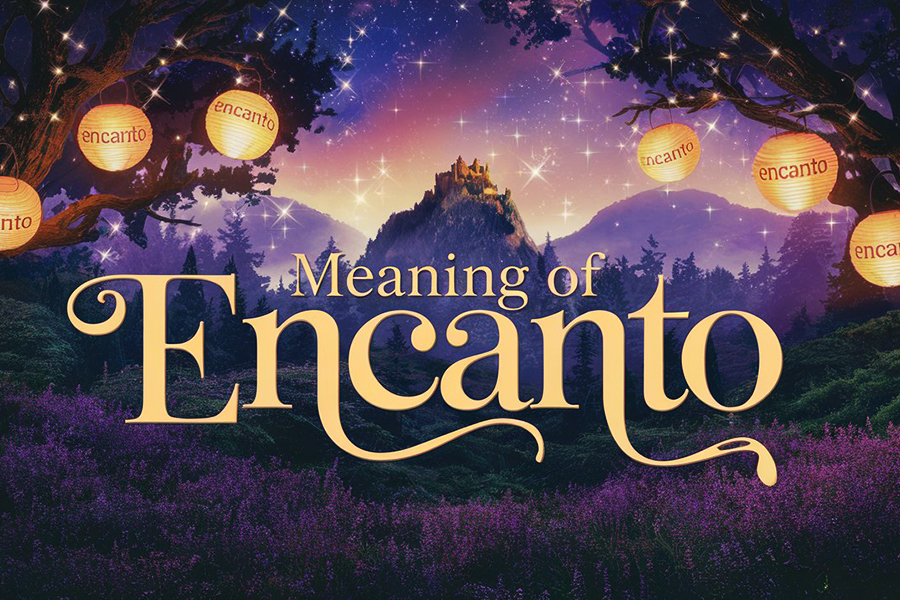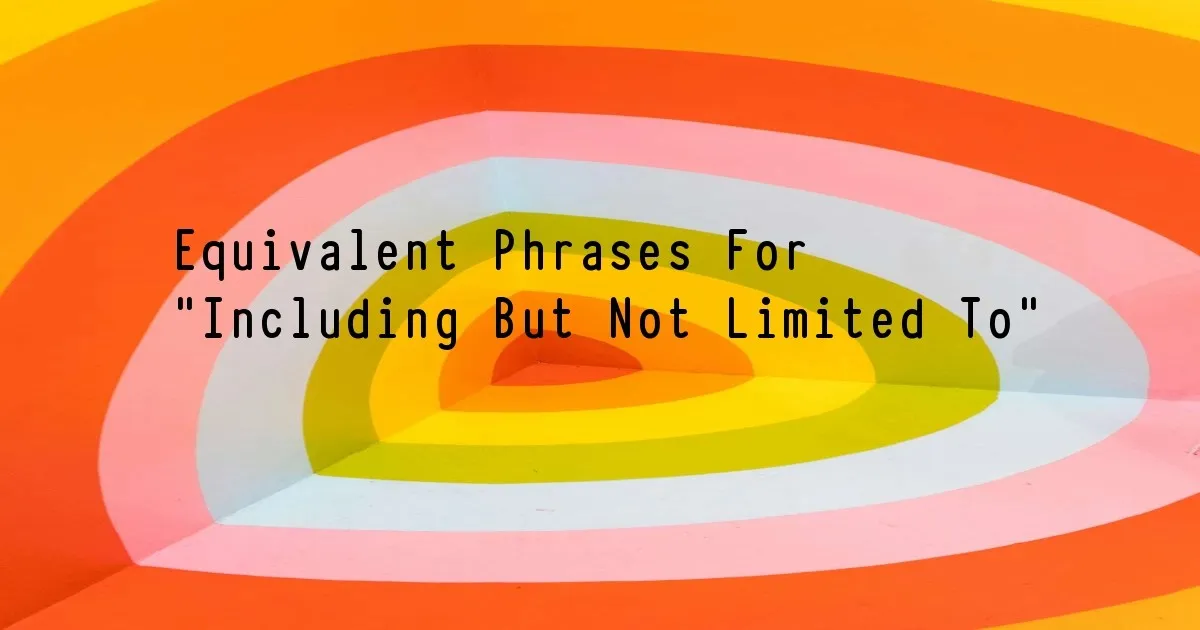Unlocking the World of Music: The Best Music Theory Books and Textbooks
Learning music theory is like discovering the blueprint behind the music you love. Whether you’re a budding musician or a seasoned player looking to deepen your understanding, the right music theory books and textbooks can be invaluable. These resources break down complex concepts into digestible lessons, providing a structured approach to mastering music theory.
The Importance of Music Theory
Music theory is the study of the practices and possibilities of music. It encompasses the analysis of music compositions, understanding the structure of music, and learning the language of music notation. Here’s why music theory is essential:
- Enhanced Musical Literacy: Understanding music theory allows you to read and write music, facilitating communication with other musicians and enabling you to learn new pieces more efficiently.
- Improved Composition Skills: Knowledge of harmony, melody, and rhythm can greatly enhance your ability to compose original music.
- Informed Performance: Music theory helps you interpret music more accurately and perform with greater expressiveness.
- Critical Listening: Studying theory improves your ability to analyze and appreciate the nuances in different musical pieces.
Best Music Theory Books and Textbooks
Choosing the right music theory textbook depends on your current knowledge level and learning objectives. Here are some of the top music theory books that cater to various needs:
1. “The Musician’s Guide to Theory and Analysis” by Jane Piper Clendinning and Elizabeth West Marvin
This comprehensive textbook is ideal for college-level students and anyone seeking an in-depth understanding of music theory. It covers a wide range of topics from basic notation to advanced harmonic analysis, making it a versatile resource for both students and teachers. The book includes numerous exercises and examples, enhancing the learning experience.
2. “Tonal Harmony” by Stefan Kostka and Dorothy Payne
“Tonal Harmony” is a staple in music theory education, known for its clear explanations and extensive use of musical examples. This textbook delves deeply into harmonic principles, making it perfect for students who want to master the intricacies of tonal music. The accompanying workbook provides additional exercises to reinforce learning.
3. “Music Theory for Dummies” by Michael Pilhofer and Holly Day
For beginners, “Music Theory for Dummies” is an excellent introduction. This book simplifies complex concepts, using straightforward language and visual aids to make learning accessible and enjoyable. It’s a great resource for self-taught musicians or those looking for a user-friendly entry point into music theory.
4. “Harmony and Voice Leading” by Edward Aldwell and Carl Schachter
This textbook is highly regarded for its thorough approach to harmony and voice leading. Suitable for advanced students, it provides a deep dive into these critical areas of music theory. The book includes numerous examples from classical music literature, offering a solid foundation in traditional harmony.
Supplementary Music Theory Books
In addition to textbooks, several other music theory books can broaden your understanding and provide different perspectives:
1. “The Complete Musician: An Integrated Approach to Tonal Theory, Analysis, and Listening” by Steven G. Laitz
This book integrates music theory, analysis, and ear training into a comprehensive learning approach. It’s suitable for students at various levels and includes interactive exercises and listening activities, making it a well-rounded resource.
2. “How Music Works” by David Byrne
David Byrne’s “How Music Works” explores the principles of music from both a theoretical and practical standpoint. It delves into the cultural, historical, and technological aspects of music, offering a holistic understanding of how music functions in different contexts.
3. “The Study of Orchestration” by Samuel Adler
For those interested in orchestration, Samuel Adler’s book is a definitive guide. It covers the characteristics of different instruments and provides practical advice on arranging music for orchestras. The book is complemented by audio examples, enhancing the learning experience.
4. “The Elements of Music: Melody, Rhythm, and Harmony” by Jason Martineau
This book offers a concise overview of the fundamental elements of music. It’s an excellent supplement to any music theory course, providing clear explanations and practical exercises.
Practical Tips for Studying Music Theory
Studying music theory can be challenging, but with the right approach, it can also be incredibly rewarding. Here are some practical tips to help you succeed:
- Set Clear Goals: Define what you want to achieve in your music theory studies. Whether it’s passing an exam, improving your composition skills, or enhancing your performance, having clear goals will keep you motivated.
- Practice Regularly: Consistency is key in learning music theory. Dedicate a specific time each day or week to study and practice. Regular practice will reinforce your understanding and help you retain information.
- Use Multiple Resources: Don’t rely on just one textbook or music theory book. Use a variety of resources to gain different perspectives and approaches. This will enrich your learning experience and provide a well-rounded understanding of music theory.
- Apply Theory to Practice: Whenever possible, apply what you learn in theory to your instrument or compositions. This hands-on approach will deepen your understanding and make the concepts more tangible.
- Seek Feedback: If you have a teacher or mentor, seek their feedback on your progress. Constructive criticism will help you identify areas for improvement and guide your studies more effectively.
Conclusion
Mastering music theory is an essential part of becoming a well-rounded musician. By choosing the best music theory books and textbooks, you can enhance your understanding and appreciation of music. Whether you are a beginner or an advanced student, there are resources available to suit your needs. With dedication, practice, and the right materials, you can achieve a comprehensive understanding of music theory and apply it to your musical endeavors. By incorporating these top-notch resources into your studies, you’ll be well on your way to unlocking the world of music theory and reaping its many benefits.

Recent Post
What is The Meaning of a Medusa Tattoo?
January 9, 2025
The Meaning of Encanto in Spanish and Origin
January 4, 2025
Equivalent Phrases For “Including But Not Limited To”
December 30, 2024
How To Make Weekend Greetings More Fun?
December 30, 2024
10 Modern Sayings Similar To “Be There Or Be Square”
December 30, 2024








